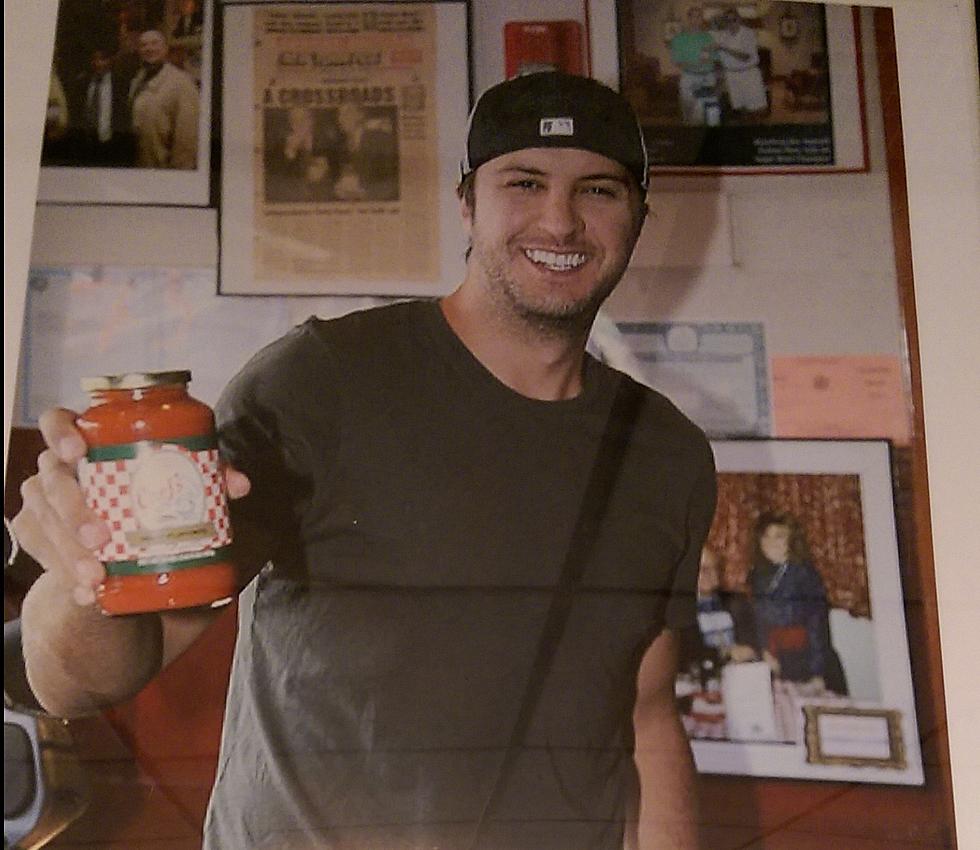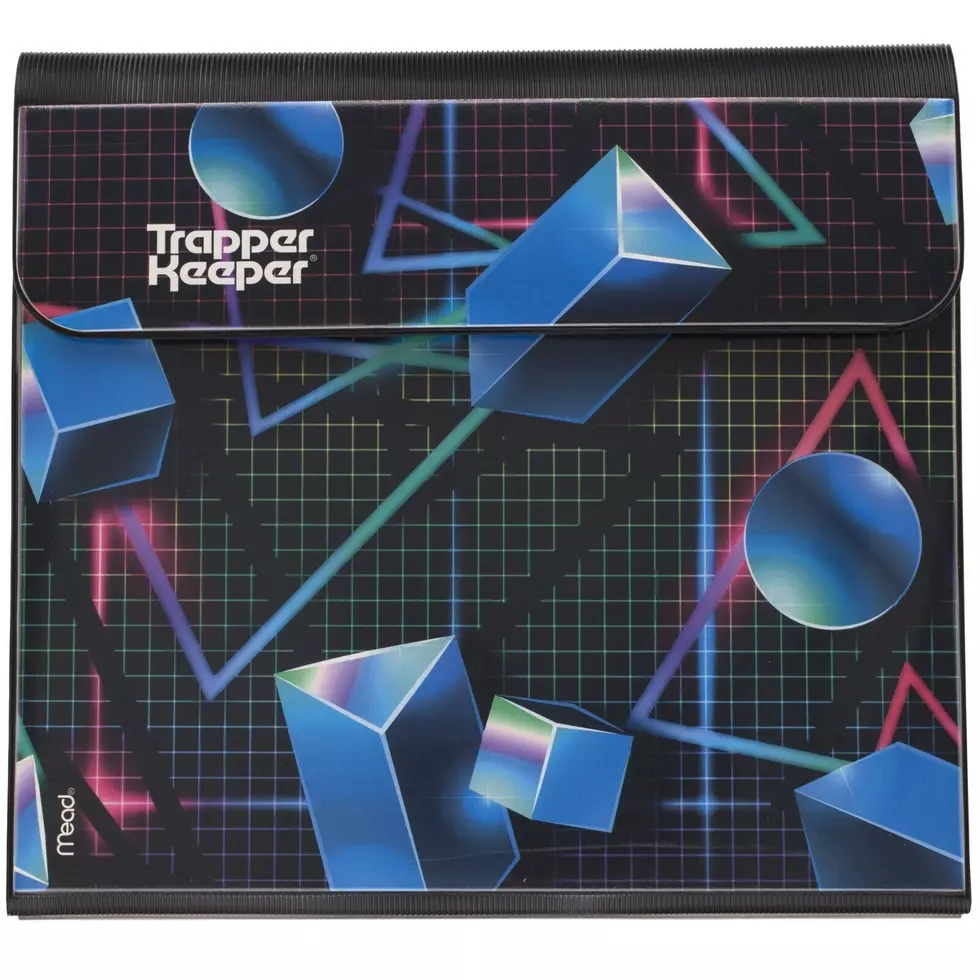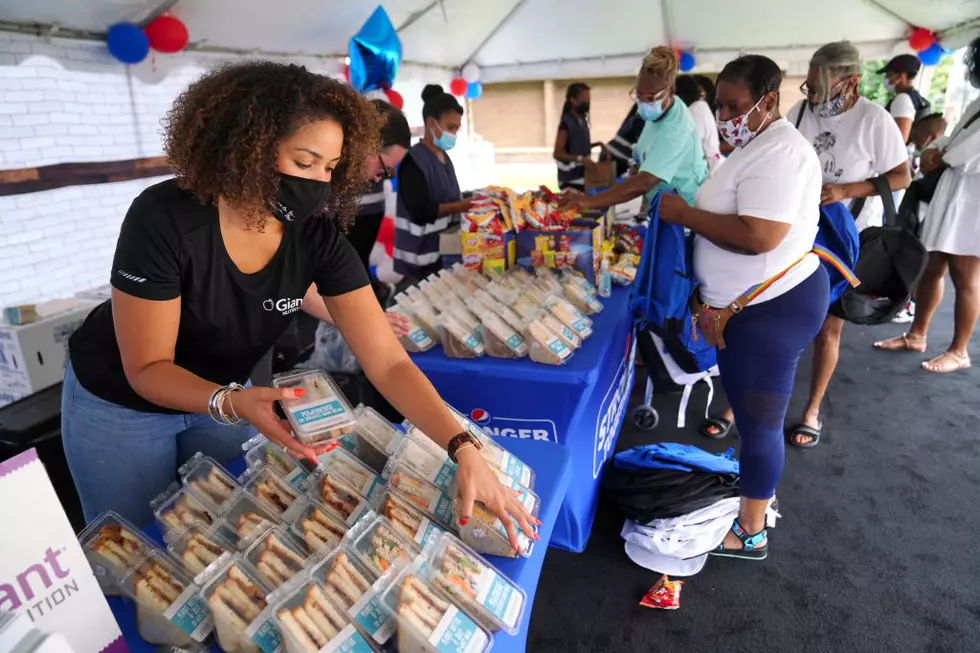
Dale’s Spelling and Word Usage Lesson
Schools seem to be moving away from teaching such basic things as spelling and vocabulary, and it’s only going to get worse.
Some day in the future, maybe it just won't matter, but it matters to me, and it drives me crazy to see misspelled and misused words and phrases.
Their, There and They're
It amazes me the number of people that don't seem to know the difference between there, their and they're. There indicates a place or location. Their is possessive. How can you remember the difference?
There means a place that is “here”.
Their is something that belongs to somebody, and they could be considered an “heir”.
They’re is simply a contraction of the two words “they are”.
Same thing with your and you're Your is possessive. You're is a contraction of “you are’.
Hunger Pangs
If you're hungry – you have hunger pangs, not hunger pains. Pangs are muscle contractions that tell you it’s time to eat.
Whet Your Appetite
You whet your appetite, not wet it. For people who like to have a couple of drinks before they eat, they might think they’re wetting their appetite, but whet is the correct word – meaning to sharpen.
Moot Point
A moot point is something that doesn’t matter so there’s no point in debating it. It’s not a mute point. Mute means not able to speak.
Nip It In The Bud
When you prune a plant at the bud, you keep it from growing flowers. Youre preventing something in the early stages. You nip it in the bud. You're not kicking somebody in the butt.
Pique Your Curiosity
Something that catches your attention might pique your curiosity. Pique means to stimulate. It’s not peak or peek.
Toward, Anyway
Some people misuse words like toward or anyway by adding an “s” to the end. You hear people say it all the time -- “I was headed towards the river” -- or how about when somebody uses it to transition from one thought to another -- ”anyways...”. Both are incorrect.
Could've, Would've, Should've
Maybe this one is because people mispronounce it, but when you see it in print, it’s just plain wrong. The terms are could’ve, should’ve, would’ve. They're contractions of could have, should have and would have. It’s not could of, should of, would of.
More From 106.5 WYRK









